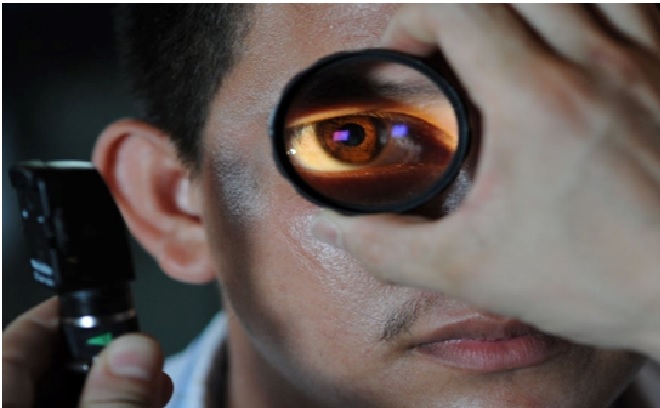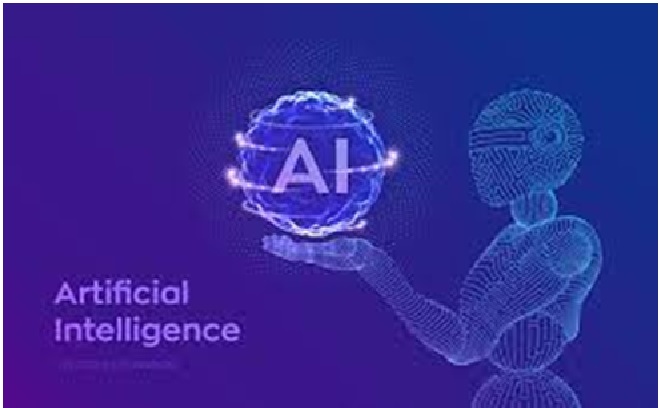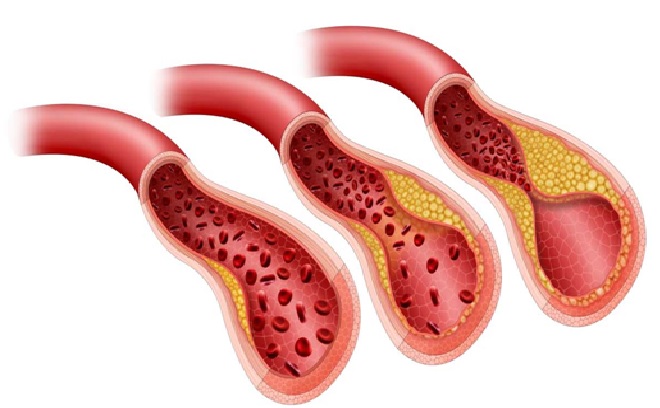AI Used to Predict Antidepressants Outcomes
Researchers at the Mayo Clinic have made the first step toward applying artificial intelligence (AI) to predict early outcomes with antidepressants in children and adolescents with major depressive disorder.

Figure 1: AI to predict antidepressants in youth.
Figure 1 shows that Over 50 per cent of all mental health disorders are diagnosed when individuals are young (under the age of 18). They discovered variations in six depression symptoms: trouble having fun, social withdrawal, excess fatigue, irritability, low self-esteem, and depressed sentiments.
“This preliminary work suggests that AI has promise for assisting clinical decisions by informing physicians on the selection, use, and dosing of antidepressants for children and adolescents with major depressive disorder," says Paul Croarkin, D.O. "We saw improved predictions of treatment outcomes in samples of children and adolescents across two classes of antidepressants." [1]
In the study, researchers identified variation in six depressive symptoms: difficulty having fun, social withdrawal, excessive fatigue, irritability, low self-esteem and depressed feelings.
They assessed these symptoms with the Children’s Depression Rating Scale-Revised to predict outcomes to 10 to 12 weeks of antidepressant pharmacotherapy:
- The six symptoms predicted 10- to 12-week outcomes at four to six weeks in fluoxetine testing datasets, with an average accuracy of 73%.
- The same six symptoms predicted 10- to 12-week outcomes at four to six weeks in duloxetine testing datasets, with an average accuracy of 76%.
- In placebo-treated patients, predicting response and remission accuracy was significantly lower than for antidepressants at 67%.
These outcomes show the potential of AI and patient data to ensure children and adolescents receive treatment that has the highest likelihood of delivering therapeutic benefits with minimized side effects, explains Arjun Athreya, Ph.D.
“We designed the algorithm to mimic a clinician’s logic of treatment management at an interim time point based on their estimated guess of whether a patient will likely or not benefit from pharmacotherapy at the current dose,” says Dr. Athreya. [2]
The research findings are a foundation for future work incorporating physiological information, brain-based measures and pharmacogenomic data for precision medicine approaches in treating youth with depression. This will improve the care of young patients with depression, and help clinicians initiate and dose antidepressants in patients who benefit most.
“Technological advances are understudied tools that could enhance treatment approaches,” says Liewei Wang, M.D., Ph.D. “Predicting outcomes in children and adolescents treated for depression is critical in managing what could become a lifelong disease burden.” [3]
References:
- https://insights.omnia-health.com/technology/ai-predict-antidepressant-outcomes-youth
- https://mcpress.mayoclinic.org/research-innovation/mayo-clinic-researchers-use-ai-to-predict-antidepressant-outcomes-in-youth/
- https://techilive.in/ai-to-predict-antidepressant-outcomes-in-youth/
Cite this article:
Sri Vasagi K (2022), AI Used to Predict Antidepressants Outcomes, AnaTechMaz, pp.118















